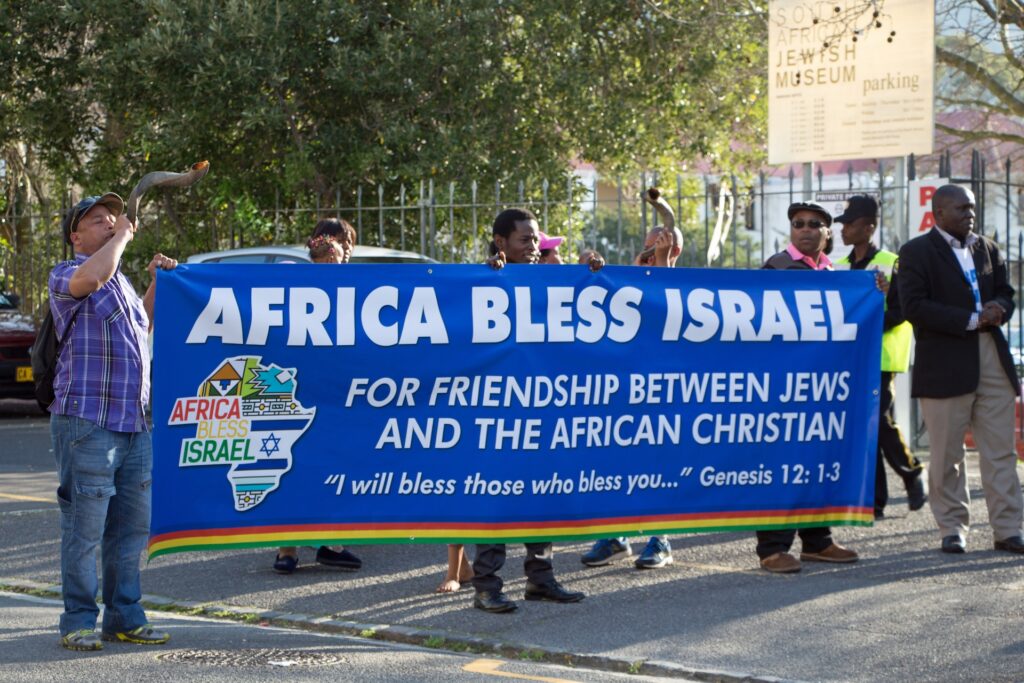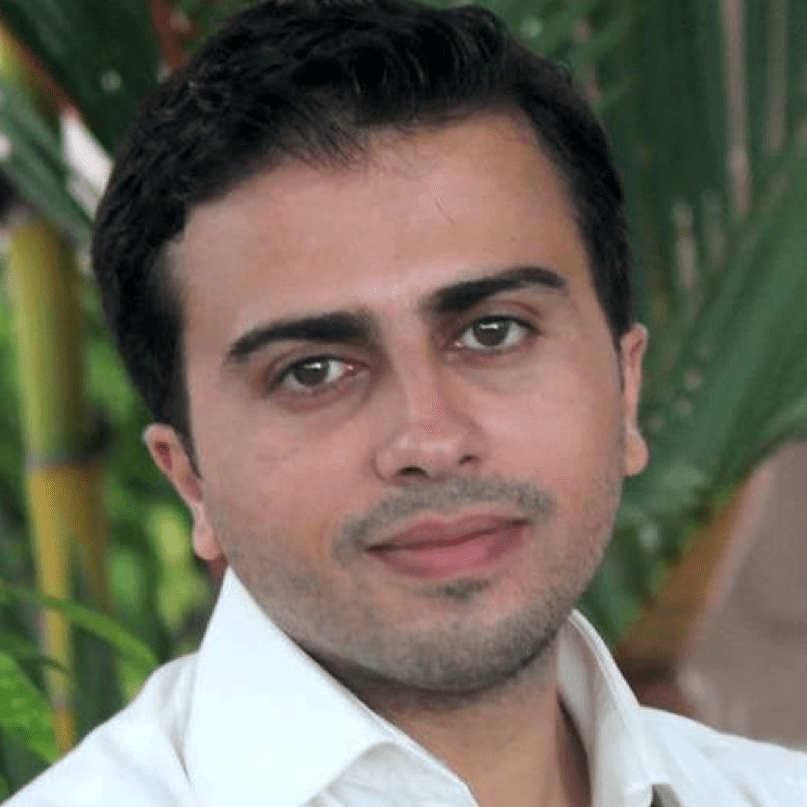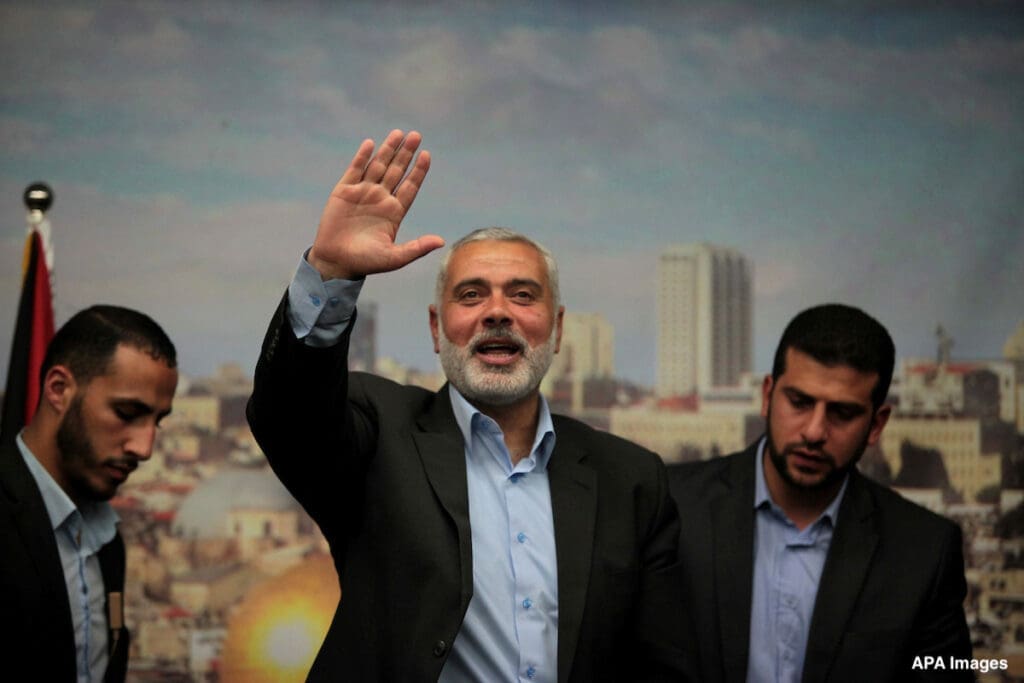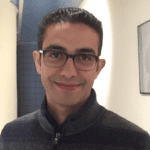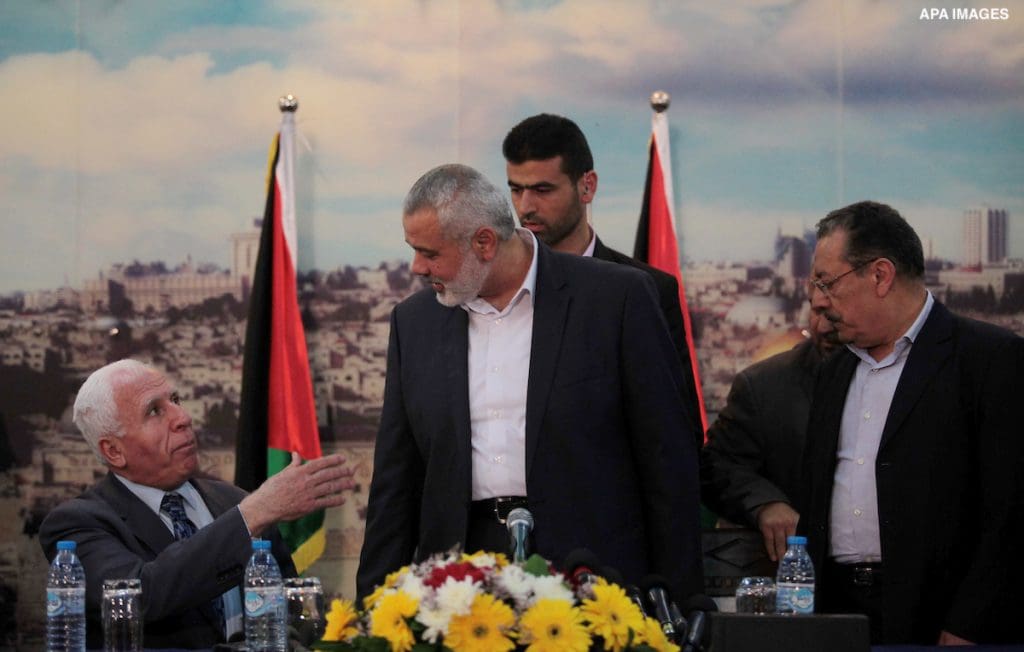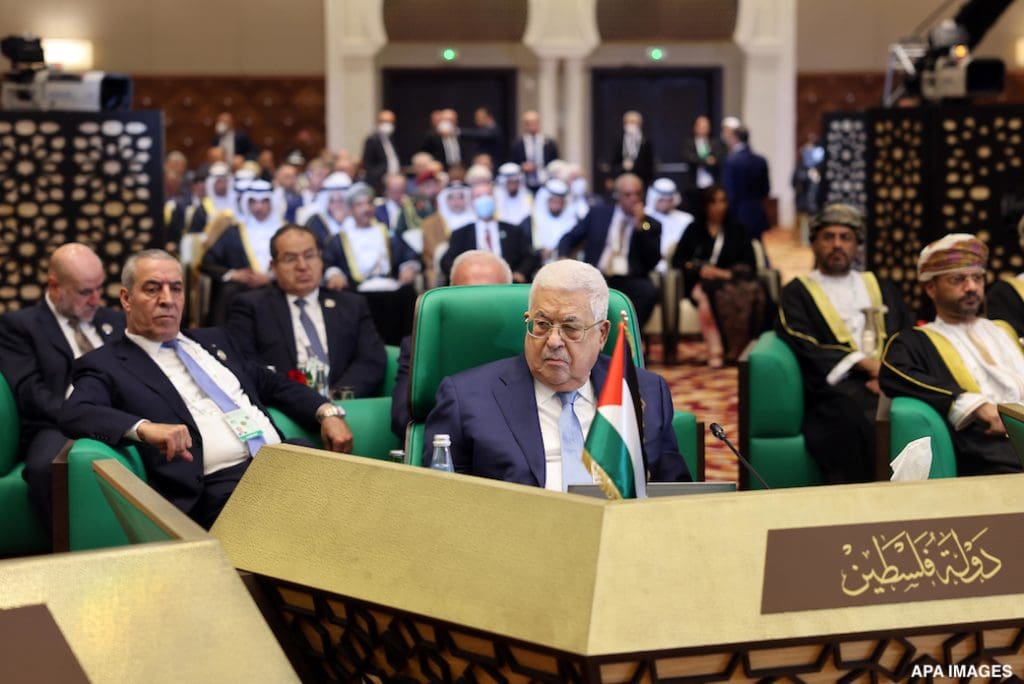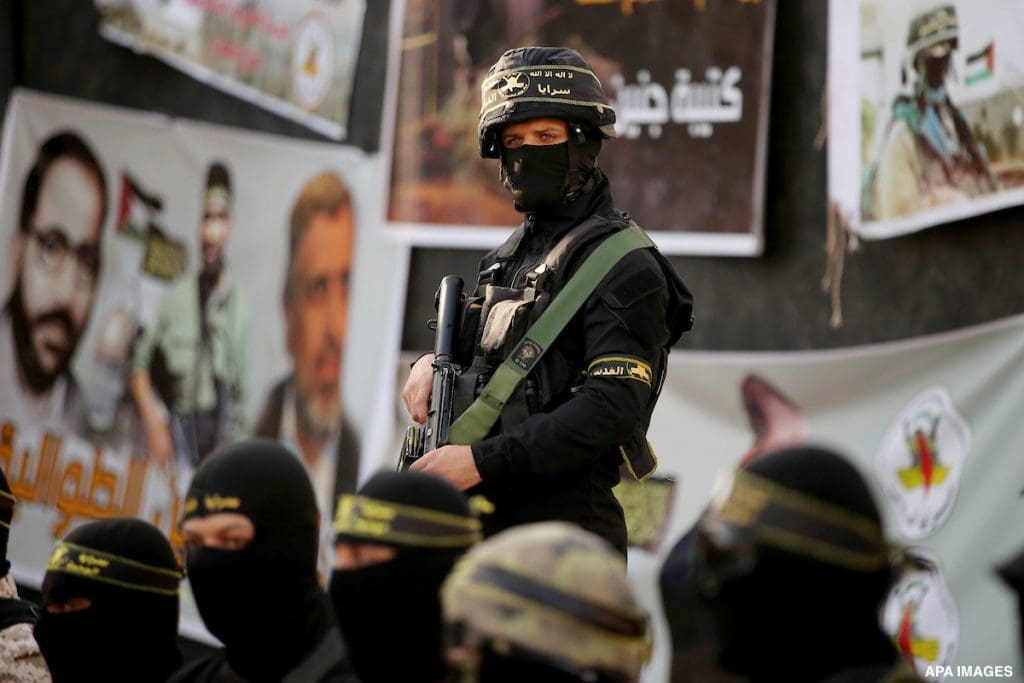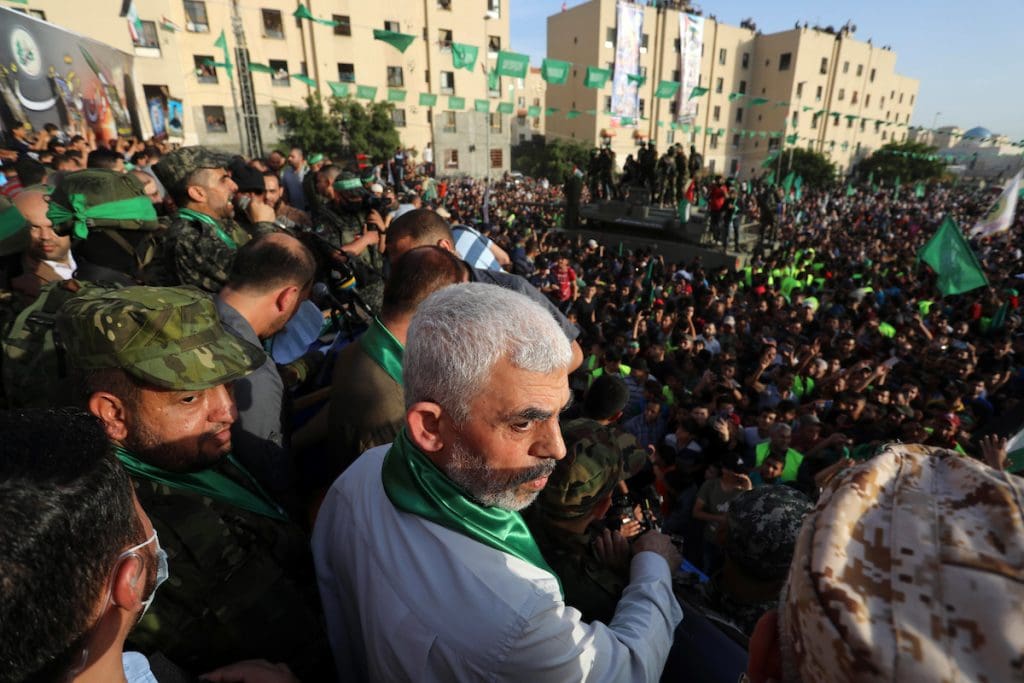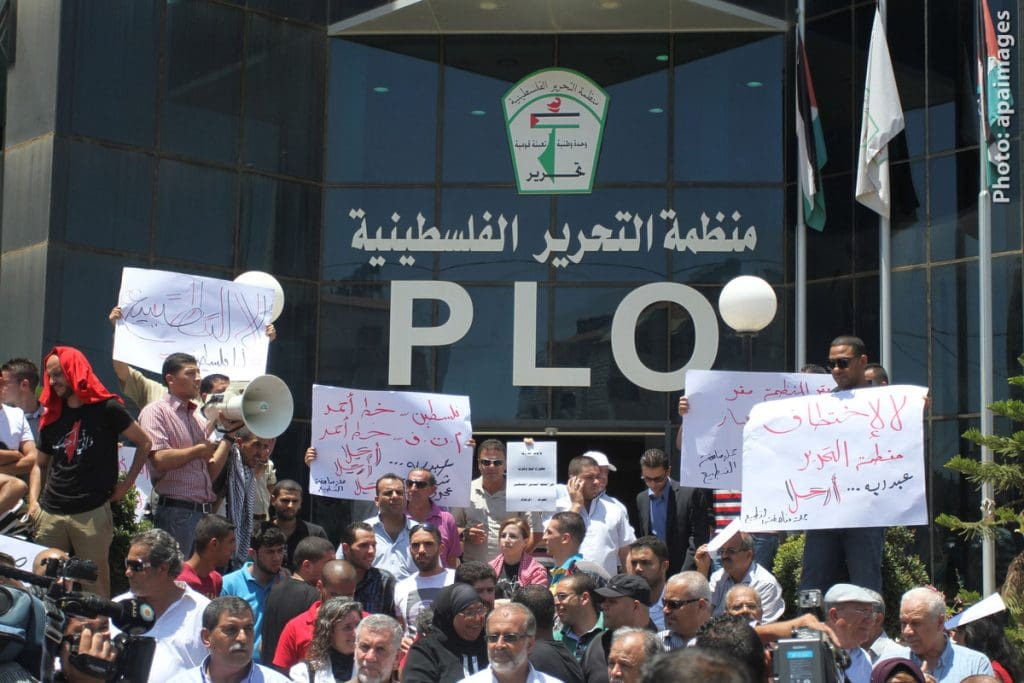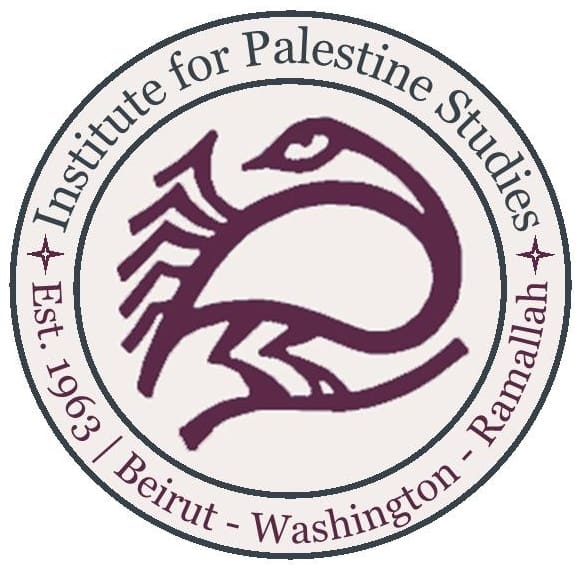Belal Shobaki is the Head of the Department of Political Science at Hebron University, Palestine. He is a Policy Member at the Palestinian Policy Network. He is the founder and coordinator of the Double Master’s degree program in Public and cultural Diplomacy at Hebron University with University of Siena, Italy. He has published on Political Islam, identity, democratization and Palestinian issue. He is also leading Hebron University team of a 3 years project: Strengthening of National Research Capacity on Policy, Conflict Resolution, and Reconciliation, funded by the Erasmus+ program of the European Union. He has previously taught at An-Najah National University, Palestine and at IIUM, Malaysia.
From this author
In this roundtable, Al-Shabaka analysts Belal Shobaki, Tariq Kenney-Shawa, and Fathi Nimer offer their insights on the impact of Haniyeh's assassination. They reflect on Hamas's future, the impetus behind the operation, and its wider regional consequences, placing them within the historical context of so-called Israeli diplomacy.



As the Israeli regime continues its genocidal campaign against Palestinians in Gaza, many have begun to weigh in on the future of Hamas and of Palestinian leadership more broadly once the bombardment ends. One of the dominant proposals is the revival of the Palestine Liberation Organization (PLO), with Hamas as a member party.
But revival of the PLO requires more than bringing Hamas into the fold, as the Fatah-controlled PA has effectively whittled down the PLO to a barren institution. What then, beyond inclusion, is needed in order to resuscitate the viability of the PLO? In an effort to strengthen the generative thinking around these questions, Al-Shabaka revisits a collection of its past works that sought to confront this very topic.
The vacancy of the president’s office or the formation of a new legislative council would not have a significant impact on the status quo. This is because the Zionist settler-colonial project is larger than the spaces where these two institutions are relevant, namely, the West Bank and Gaza.

Belal Shobaki· Nov 21, 2022
The escalation of popular confrontation with the Israeli regime and the outbreak of a new Palestinian intifada would increase the likelihood of the revival and reform of the Palestine Liberation Organization (PLO), as the public would pressure the political factions to accomplish this task.

Belal Shobaki· Nov 21, 2022
Efforts to restore the PLO would receive popular support, provided that Fatah does not insist on following the same political approach of demanding statehood within the 1967 borders, a territory that is continually shrinking due to Israeli annexation, expansion, and de-Palestinization.

Belal Shobaki· Nov 21, 2022
The collapse of the PA assumes that all internal factors driving popular action against its policies would continue. It further assumes that the popular movement would call for the PA’s dismantlement due to its cumulative failures to address the many issues affecting the daily lives of Palestinians.

Belal Shobaki· Nov 21, 2022
The status quo is nothing but a transitional stage hindering the necessary transformations to the PA, the PLO, and Palestinians at large. However, the longer this scenario persists, the more probable its enabling factors become catalysts for the other scenarios.

Belal Shobaki· Nov 21, 2022
When Ahmad Al-Shuqairi founded the Palestine Liberation Organization (PLO) in 1964, he envisioned an entity that represented all Palestinians. However, he could not realize this vision because Fatah expressed its lack of confidence in him and his PLO policy in a statement to the December 9, 1967, meeting of Arab foreign ministers in Cairo.

Belal Shobaki· Sep 14, 2022
With the end of the Second Palestinian Intifada, the Islamic Resistance Movement, Hamas, expressed its willingness to participate in the Palestinian Authority’s (PA) municipal and legislative elections, ultimately winning many electoral contests. Hamas viewed its participation in official electoral politics as a way of strengthening the Palestinian resistance movement, as well as a means of bolstering the Palestinian Authority (PA) in the face of rising external pressures.

Belal Shobaki· Sep 30, 2021
The Israeli regime’s continued annexation of Palestinian land, alongside expanding normalization with Arab governments, makes it imperative for the Palestinians to revive the PLO and reclaim its role as the sole legitimate representative of all Palestinians. Doing so is essential to restoring the Palestinian national project and collective vision, particularly given the failure of the PA and its two-state model. In this policy lab, Belal Shobaki and Nijmeh Ali join host Alaa Tartir to discuss the importance of activating the PLO in the current context and ways to revive the institution as the sole legitimate and democratic representative of the Palestinian people worldwide.








